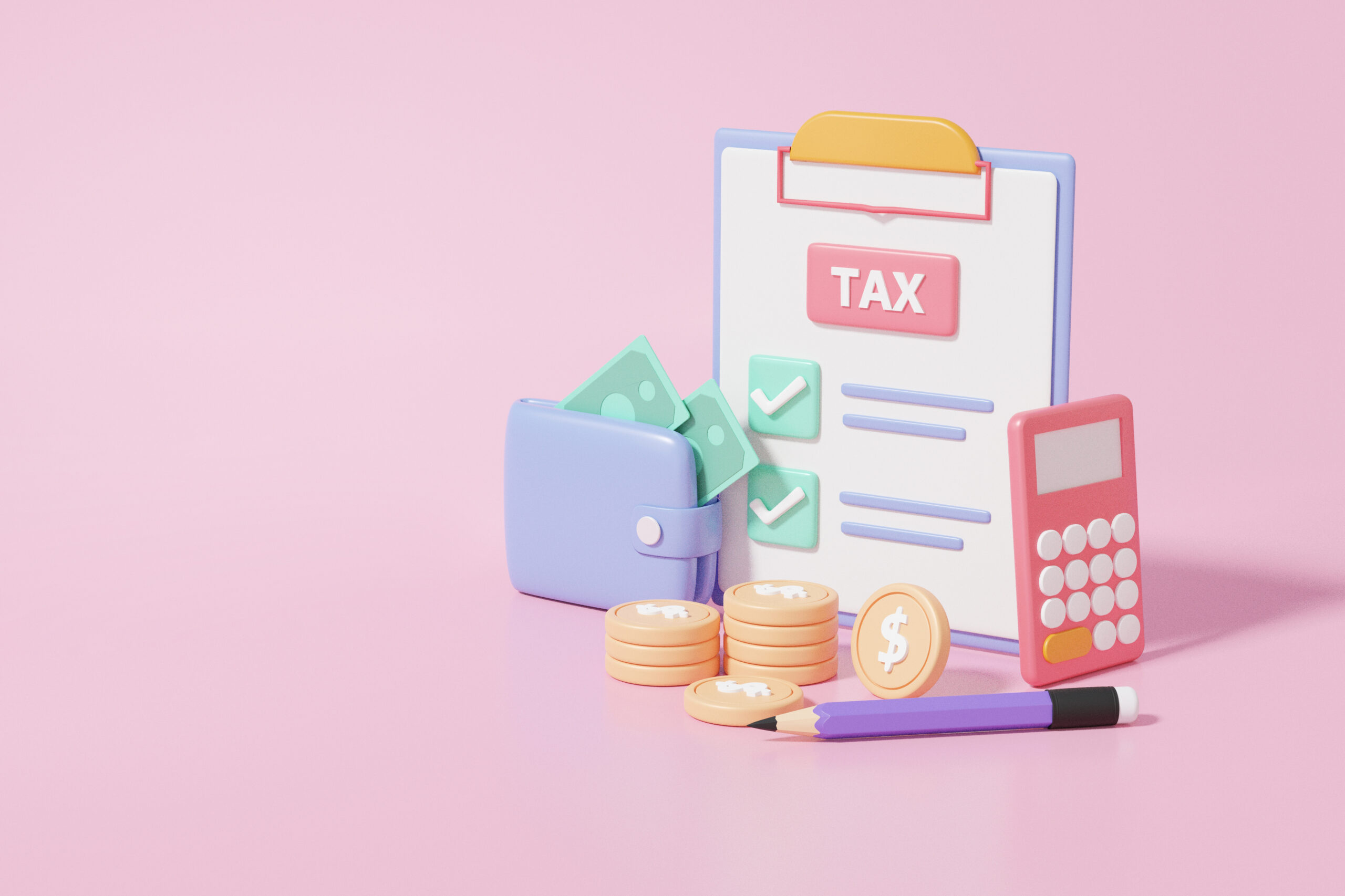
Do you want to pay 1.5x for your contractors? Then ignore this.
Hello US-based Entrepreneurs and Solopreneurs,
Today, we need to talk about an important topic: 1099 forms and your responsibilities as a business owner. And read through this – because there is an important step you need to be taking now to protect yourself and your business.
Filing 1099 Forms: The Bottom Line (Hint: Just Do It)
You’re a business owner or solopreneur, so I’m sure you’ve received your share of 1099s in the early part of each year.
But it’s important to understand that you need to also be filing (i.e., mailing out) 1099s each year as well.
Ignore this, and you just might have the federal government knocking on your door and charging you up to 15% of every dollar you’ve paid a contractor last year! And then, just for fun, top it off with a hefty fine and interest that’s been accruing since last January!
THE TAKE-AWAY: Yup! If you ignore this responsibility, you could very well end up paying for your contractors twice:
Once when you paid them originally
AND
A good 30-50% of that again when you get an IRS assessment for not filing 1099s
So do me a favor:
Just read this to stay clear of this US Treasury portal to your pocketbook.
Some pointers
The good news first – you do not have to file 1099’s if:
- You have purchased a physical or digital product (as opposed to a service)
- You have paid someone less than $600 during the year (unless it’s for royalties)
- You have paid someone less than $10 in royalties for the year
- You have paid your vendors through PayPal, Stripe, Square, Venmo, or a credit card (or any other type of third-party payer).
Exemptions from Issuing 1099s
And now for the grand reveal – if you’ve been making payments through credit cards, PayPal, Stripe, or Square, you’re off the hook!
These financial services are now required to handle the 1099 reporting for you.
Thus, as a general rule1 you are only responsible for filing 1099s for vendors paid by check, debit card, wire, or ACH from your bank account.
Which 1099 form do I file?
There are many 1099 forms, but the most common ones that small businesses need to issue are:
- 1099-NEC: To anyone you’ve paid non-employee compensation which means:
- Contractor payments
- Consultant payments
- Payments to coaches
- Payments for training or events
- Attorney fees
- 1099-MISC: To anyone you’ve paid for things like:
- Rent
- Prizes and awards
- Medical and health care payments
- And just in case this is you: Any fishing boat proceeds! 😂
Note these are just examples; there are other things that qualify for 1099 reporting, so please see the associated IRS link above.
Prevent the “January Deadline” Surprise
TODAY:
- Get a list of anyone you are paying for anything other than products, then start excluding people:
- Exclude anyone you paid less than $600
- Exclude international vendors
- Exclude anyone you paid with Stripe, credit card, PayPal, etc. (see the list above)
- Exclude anyone who indicates they are an S-Corp or C-Corp (you won’t know this until after the next step where we talk about W-9s. But come back to this list and exclude anyone who indicates on their W-9 that they are an S-Corp or a C-Corp)
What you’re left with is a concise list of the people and businesses you are responsible for filing a 1099-NEC or 1099-MISC for.
BEFORE YEAR-END:
Get a completed Form W-9 from every person/business on your list from above.
In fact – if anyone doesn’t get this to you when you request it, then don’t make another payment to them until you receive it from them.
Yes – play hard ball – or this could really haunt you come January.
BEFORE JANUARY 31 OF NEXT YEAR:
File a 1099-NEC or Form 1099-MISC for each person/business on this list.
There are filing apps out there and/or your bookkeeper/accountant can do this for you.
But making sure it gets done is your responsibility as the business owner (according to the IRS and the individual states).
- PRO TIP #1: Going forward, start collecting that W-9 form from anyone new that you are going to start paying. And get it before you make your first payment to them.
- PRO TIP #2: You can attach that W-9 form to your vendor in QuickBooks and input their critical information. Then at year-end, QuickBooks online will automatically generate and email all those 1099s for you!
All this sounds like a pain in the a$$ – well, because it is.
But you are a business owner now. And this comes with the territory.
By ensuring that you are fulfilling these sorts of requirements, you will look professional and transparent to your clients and vendors alike. It’s a big part of establishing your reputation for reliability and integrity!
*** Disclaimer: This information is compiled from tax advisors of various clients of mine. Consult with your own tax attorney to ensure accuracy and compliance.
Please verify any conclusions you draw from your reading of this blog with your tax attorney as practices can vary and tax laws change frequently. ***





